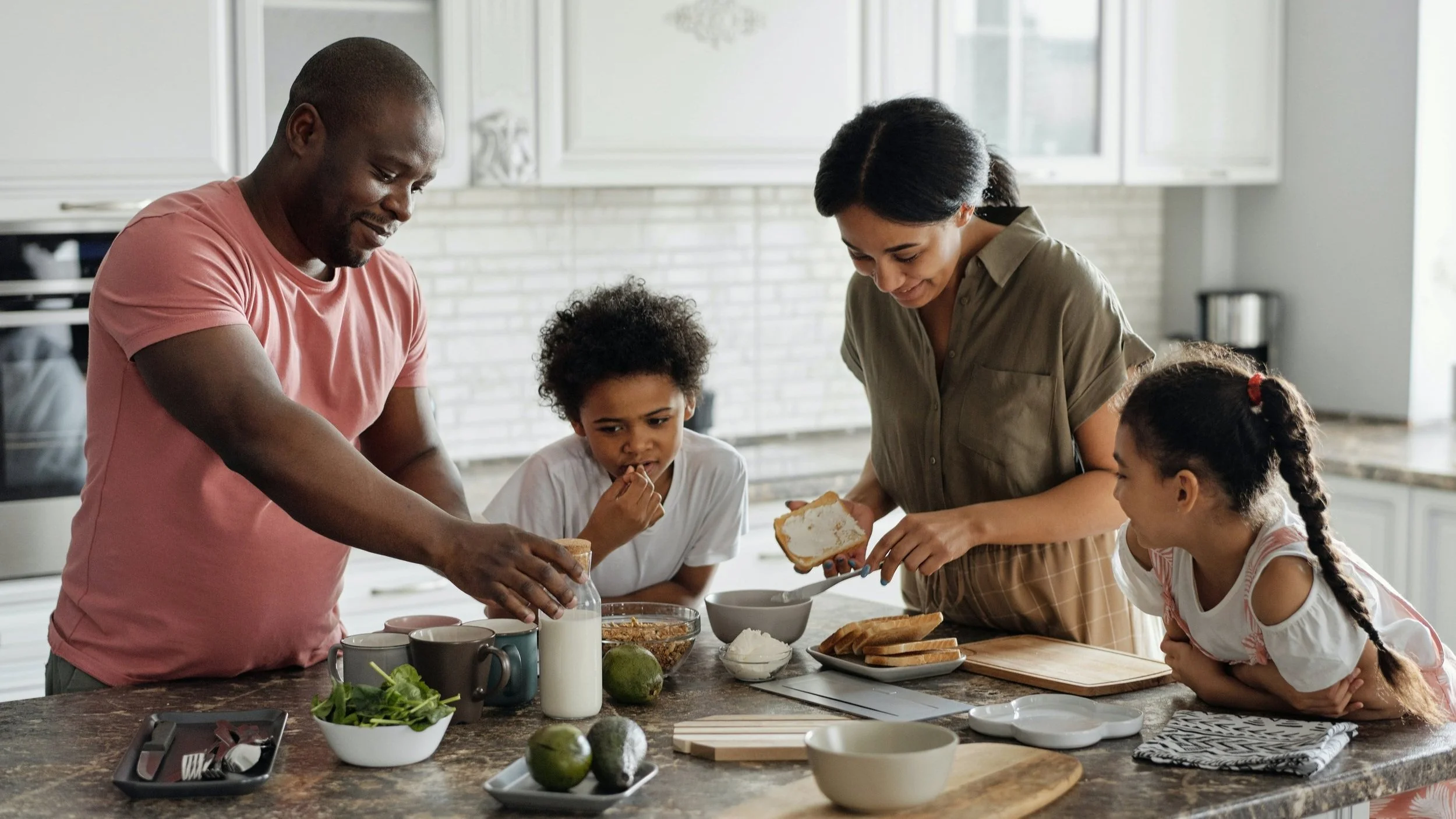The benefits of learning etiquette at home
Becoming etiquette-proficient helps us become socially aware and appropriately navigate social situations in their context. It also helps us build characteristics and develop qualities that deepen our relationships by understanding how to approach each person in our lives in a way that best serves them. This application of etiquette can be best developed when practised in the safety of our homes, as both children and adults have an opportunity to learn and refine their skills.
Over the years, I have participated in and witnessed countless home etiquette lessons. Here are a few examples of skills and qualities I have seen developed through practising etiquette at home.
Hosting skills
Children learn how to host in the home from the cues and directions they receive from their parents or carers. When I was growing up, my parents encouraged my siblings and me to welcome all guests into our home. We greeted them as they entered our house, ensured they had a comfortable place to sit, and offered them something to drink upon arrival. Our parents involved us in preparing and offering our guests a snack or meal, depending on the length of their visit, and in setting the table for the appropriate meal at a moment’s notice. If the guests were primarily visiting our parents, we followed the proper protocol of engaging in adequate small talk before politely excusing ourselves.
In my adult years, this skill has allowed me to host people in my home comfortably, with an understanding of my role as a host and how best to interact with each guest who steps over my threshold.
Communication skills
I thoroughly enjoy paying visits to family and friends in their homes. I especially enjoy visits where children are still at home as they are an integral part of the hosting process and always have an interesting story from school or play to share.
When children have these interactions, it is important for them to learn how to have healthy two-way conversations. This requires sharing their stories, and also listening to others’ contributions with equal interest. A few weeks ago, I was pleasantly surprised when I had a visit with a younger family friend. She’s at that age where she is eager to share the latest news about what is going on in her life. After she had finished giving me the necessary update, she asked me about a recent activity I had engaged in. Her body language showed her genuine interest in my story, and she also asked follow-up questions to make sure she gained a full picture of what I was sharing. This small interaction demonstrated that my young family friend was interested in me and my hobbies, and displayed her amazing skills as an avid listener and relationship builder, through great communication. I applaud her parents for the teachings they are instilling in her.
Compassion and support
A few years ago, I visited my sister and her family in Australia and enjoyed spending time with my nephew and niece there. I spent a relative amount of time at soccer fields either watching my nephew’s practice sessions, or cheering him on during games. My niece, who was nine years old at the time, always displayed love and support for her brother which was heartwarming to witness. After every game, my sister, brother-in-law and I were happy to head straight to the vehicle and wait for my nephew there. My niece would insist on staying behind for her brother, and they would head to the vehicle together. The two of them would discuss the game in detail, and if they had lost, she would always offer her support and encouragement for the next game. I would like to believe that her actions meant a lot to her brother who always seemed to look forward to his debriefs with her.
Practising etiquette at home provides a solid foundation for our future interactions with family and friends. It can help us become more comfortable in otherwise daunting situations, and develop strong relationships with our loved ones. So let us use our homes as positive learning grounds to develop our etiquette skills and help build healthy communities.






